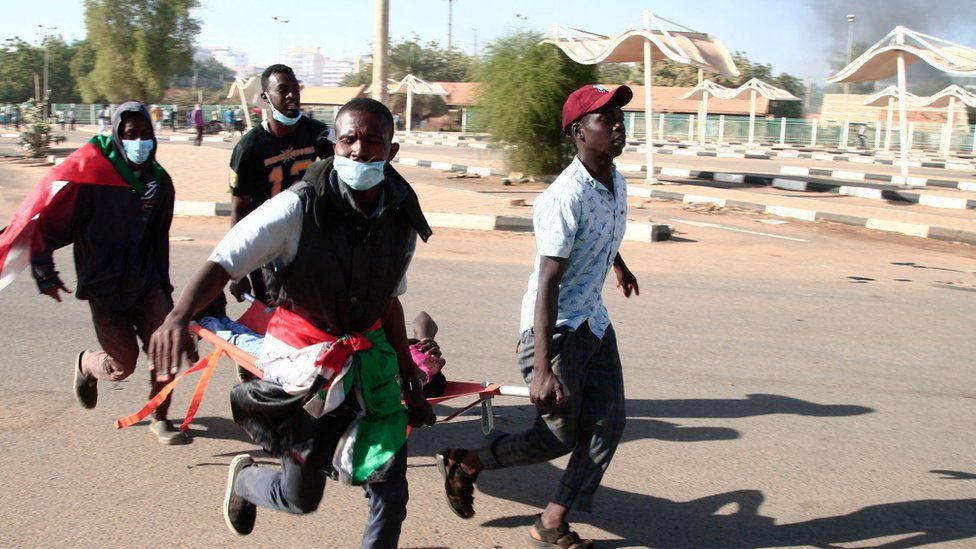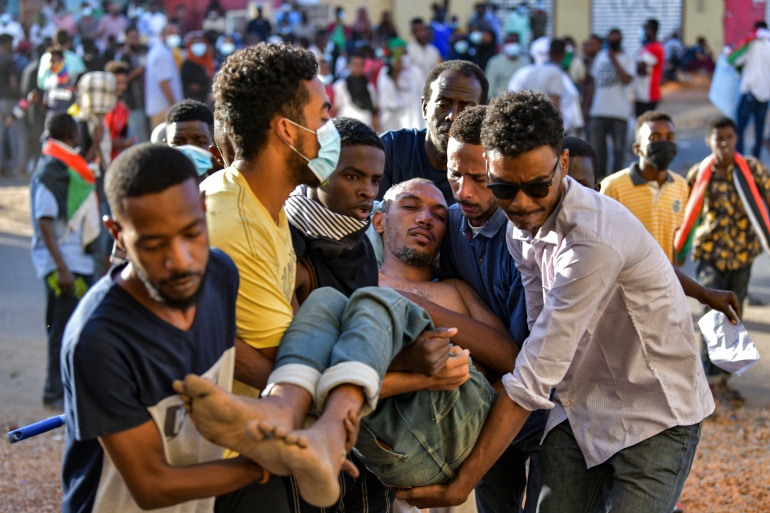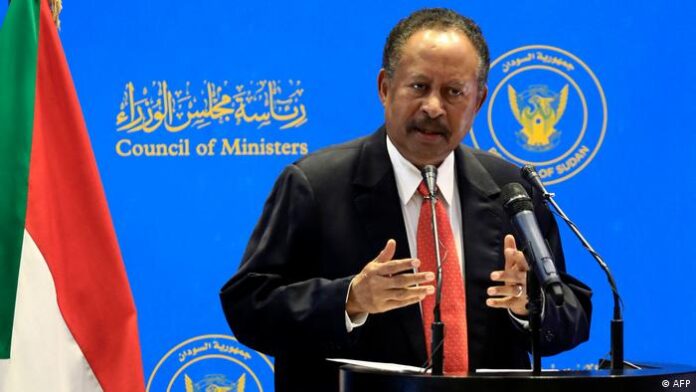The Prime Minister of Sudan Abdalla Hamdok has finally resigned after unbridled protests hit the capital Khartoum. Many People protested against a new deal he had done to share power with the army and had staged a coup in October. Chanting “power to the people”, The people who were protesting insisted that civilian rule returns in full swing to Sudan. But military forces again waded against the protesters sniffing two people’s life away. Mr Hamdok’s resolution to step down empowers the army to be controlling. It is another slam to Sudan’s attempts in handing over to democratic rule after a wide uprising that resulted in the overthrow of Sudan’s long-term authoritarian President Omar al-Bashir in 2019.


According to a TV address, Mr Hamdok stated that the nation was at a “dangerous turning point that threatens its whole survival” and at the verge of collapse He said he had tried his best to stop the country from “sliding towards disaster”, but that “despite everything that has been done to reach a consensus… it has not happened”. Civilian and military leaders had made an uneasy power-sharing agreement after the army staged a coup on 25 October and initially placed Prime Minister Hamdok under house arrest. The country was just one month away from transition to a civilian head of state when the army seized power. Mr Hamdok, an economist by training, is widely respected in the international community has previously worked as an official with the United Nations. He helped negotiate a deal to forgive some of Sudan’s debts but this involved removing fuel subsidies, leading the prices of many basic goods to rise, and to anti-government protests.
According to the consensus reached with Mr Hamdok in November, the reinstated prime minister was supposed to lead a cabinet of technocrats until elections were held. But it was unclear how much power the new civilian government would have, and protests against the military resumed, which were often violently suppressed. Protests continued even after Mr Hamdok had returned to office, with some demonstrators saying that his reinstatement was helping to legitimatise the military takeover. Reacting to Mr Hamdok’s resignation, the United States urged Sudan’s leaders to end violence against anti-military demonstrators. More than 50 people have been killed during protests since the coup, including at least two on Sunday, according to the pro-democracy Sudan Central Doctors’ Committee. The resignation of Mr Hamdok showed the military was losing their leverage to get international recognition and popular support, according to a spokesman for the opposition Sudanese Congress Party. Thousands of people were on the streets of the capital Khartoum and the city of Omdurman on Sunday, chanting and calling on the military to leave politics.
On social media, activists have said 2022 will be “the year of the continuation of the resistance”. Coup leader Gen Abdel Fattah al-Burhan has defended last October’s coup, saying the army had acted to prevent a civil war. He says Sudan is still committed to the transition to civilian rule, with elections planned for July 2023.
Watch why protesters came back on the streets of Sudan
In BBC News, Emmanuel Igunza Analyzed It This Way.
Unfortunately, there’s small to celebrate in the country at this time in as much as January 1 symbolizes Sudan’s Independence Day. The resignation of PM Abdalla Hamdok is a colossal slap to the military authorities who were thinking a deal with Mr Hamdok would appease the people who protest and legitimize their stay in power. Obviously, those calculations were not accurate. But it means the army is now strongly in power, reversing gains made as the country attempted to bring back civilian rule to Sudan
The current political crisis now threatens to return Sudan to the authoritarian years of former ousted leader Omar al-Bashir. And there’s also the risk that the country could go back to being a pariah state with the likes of the US already indicating that they would sanction those impeding a return to civilian rule. Given Sudan’s economic struggles, that could have an even worse effect on the lives of Sudanese people.















